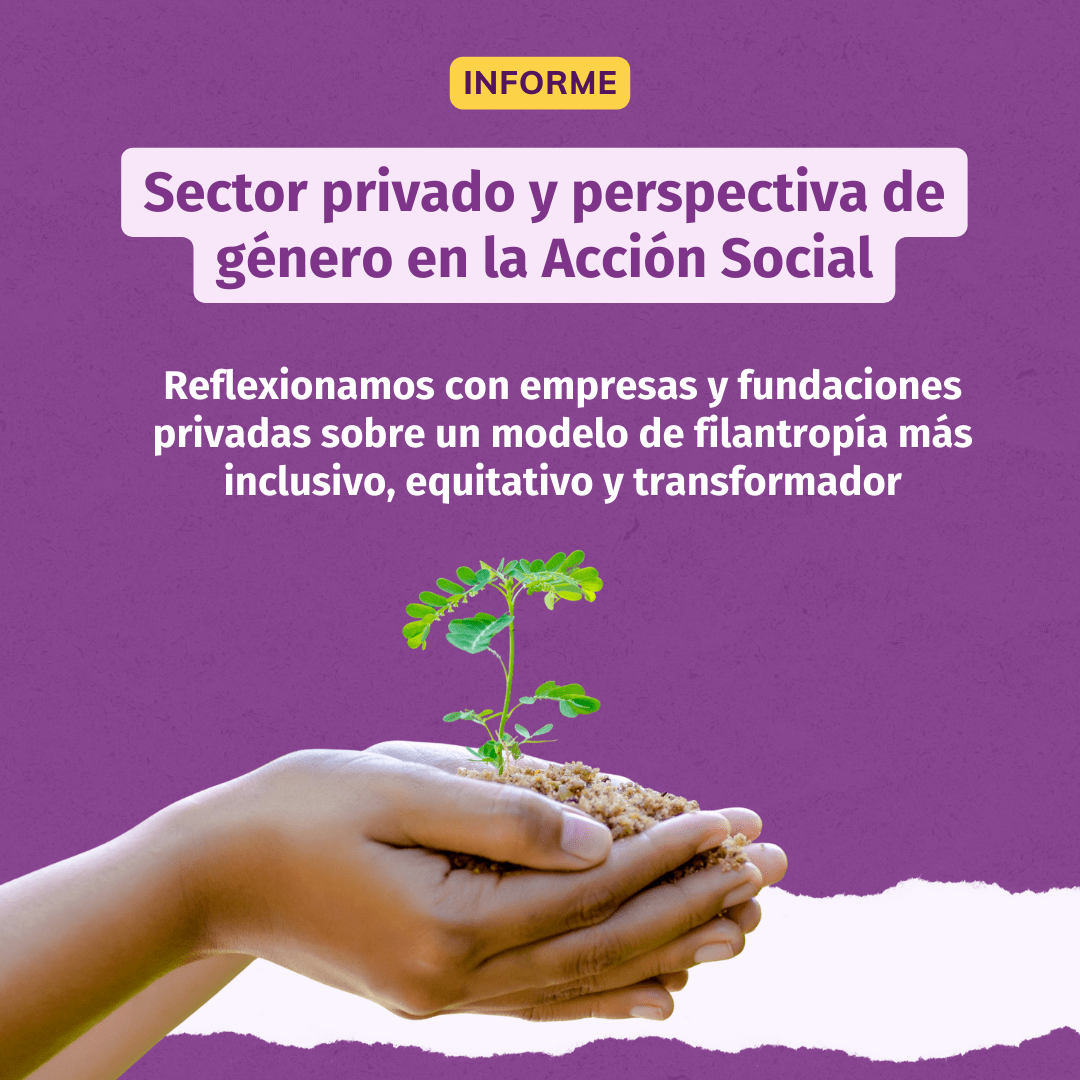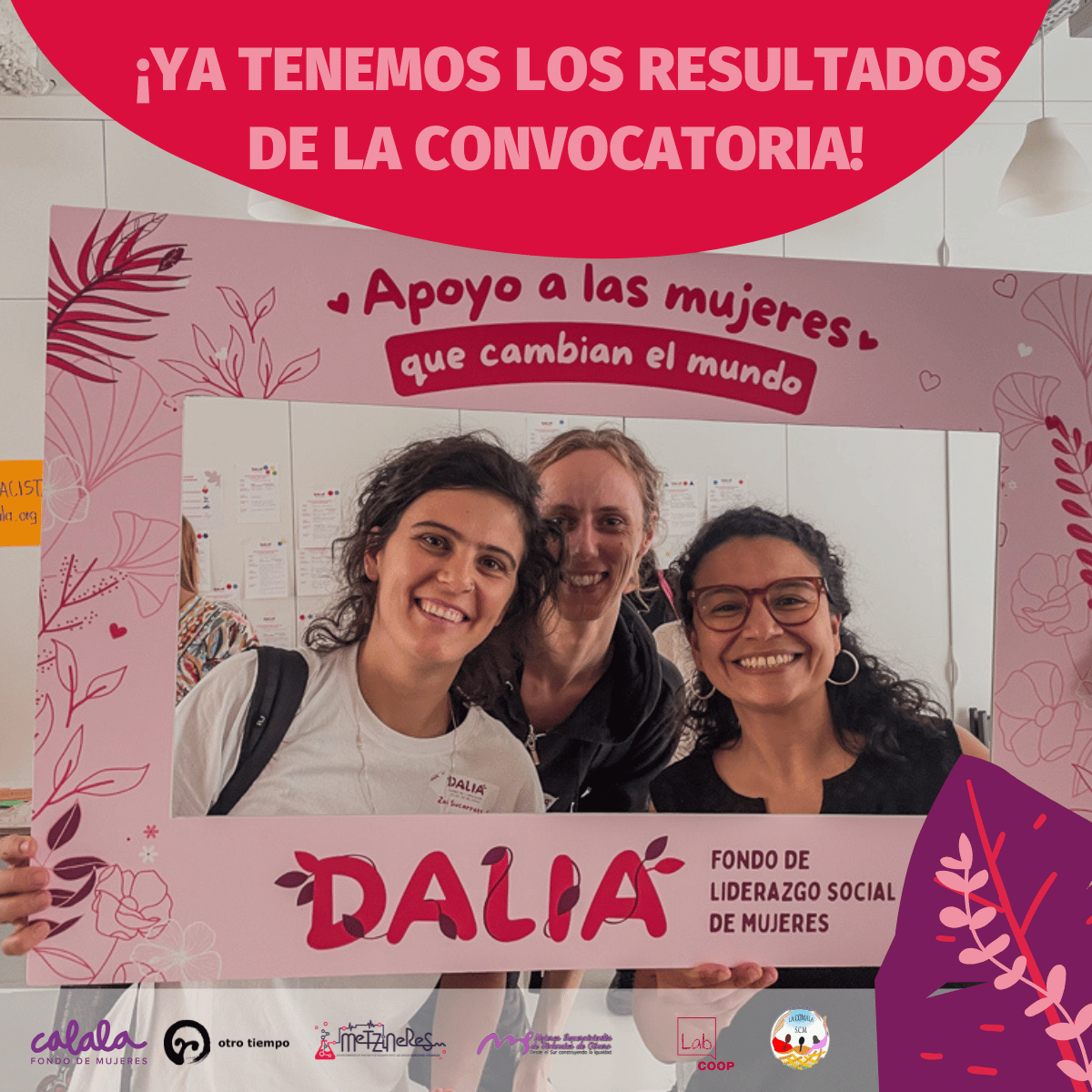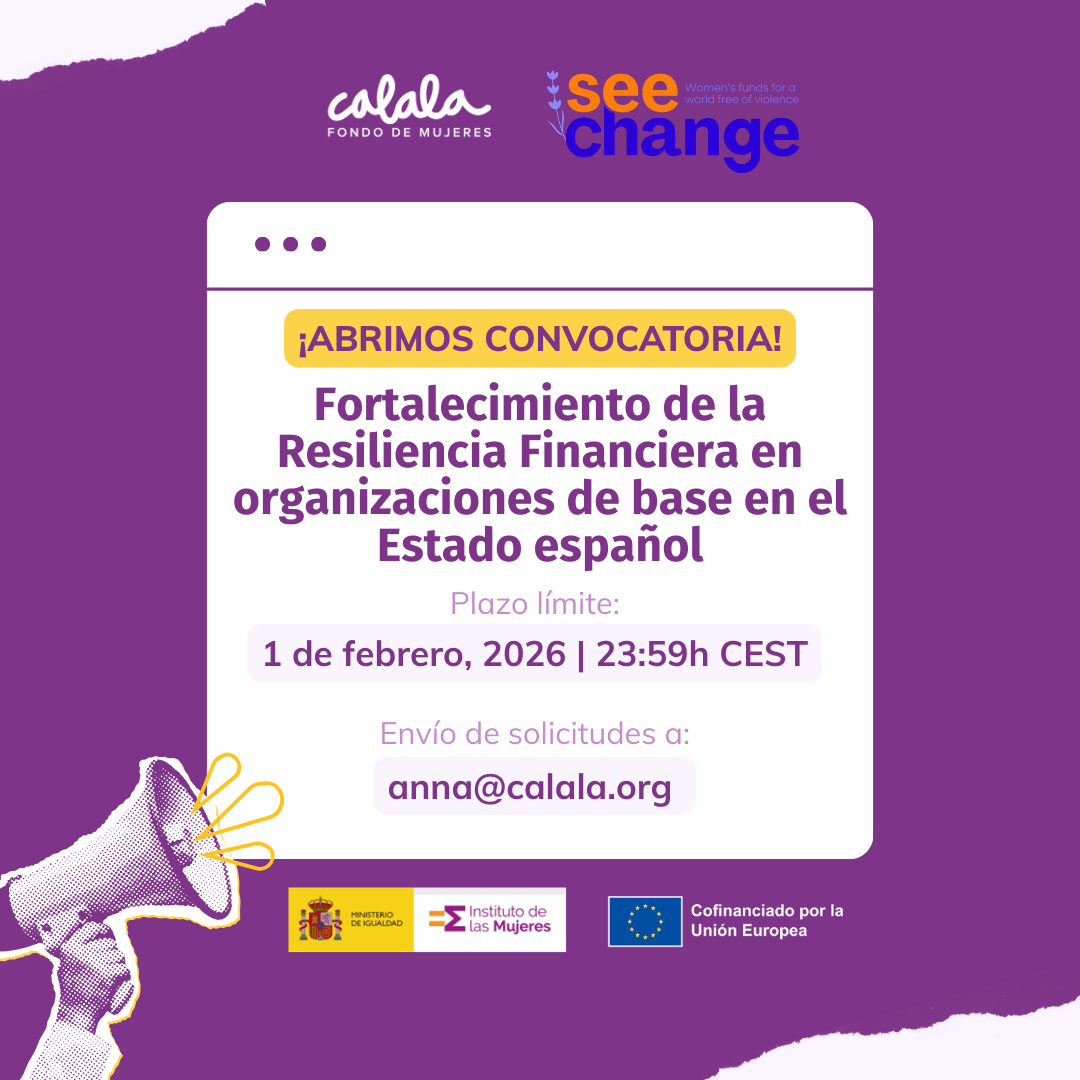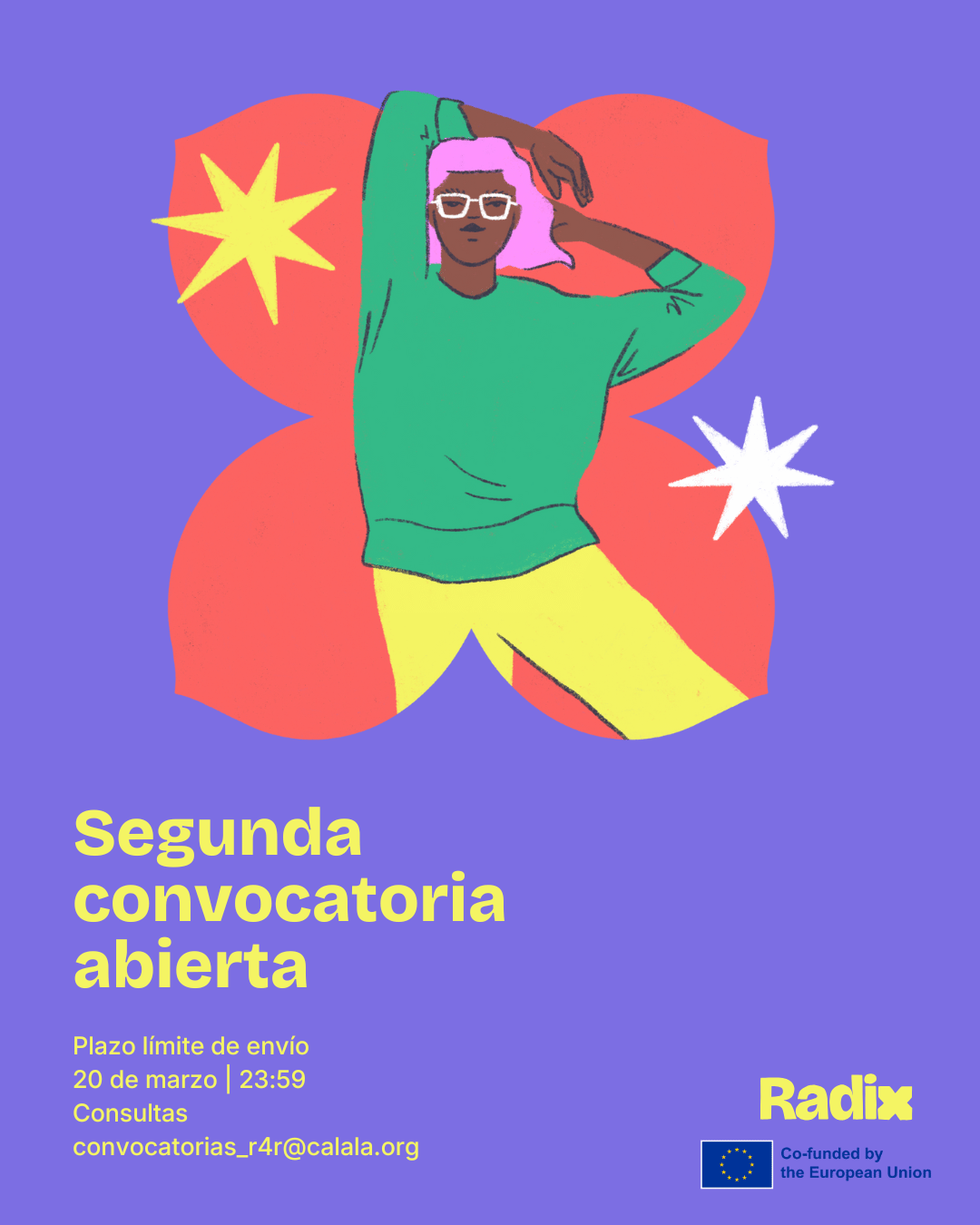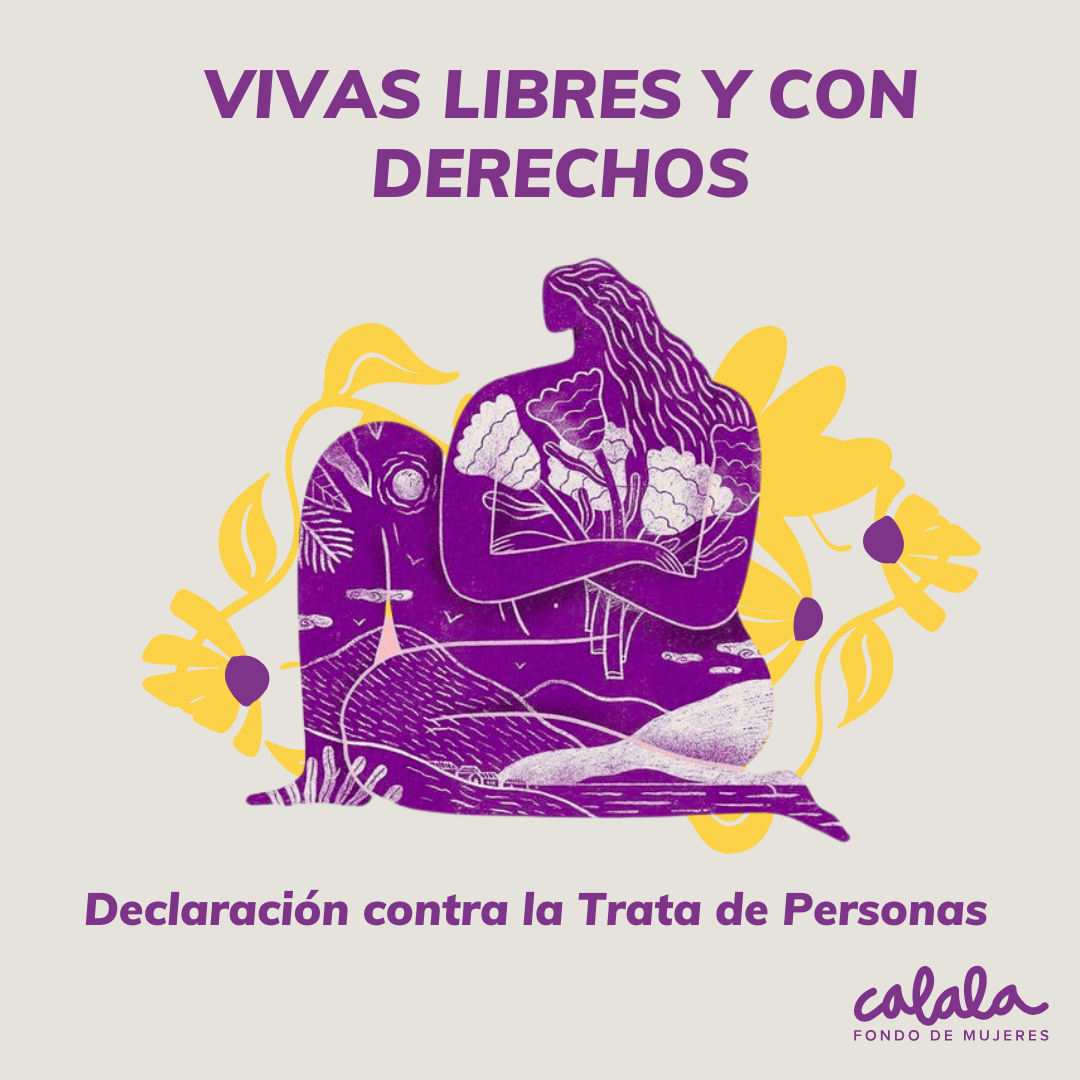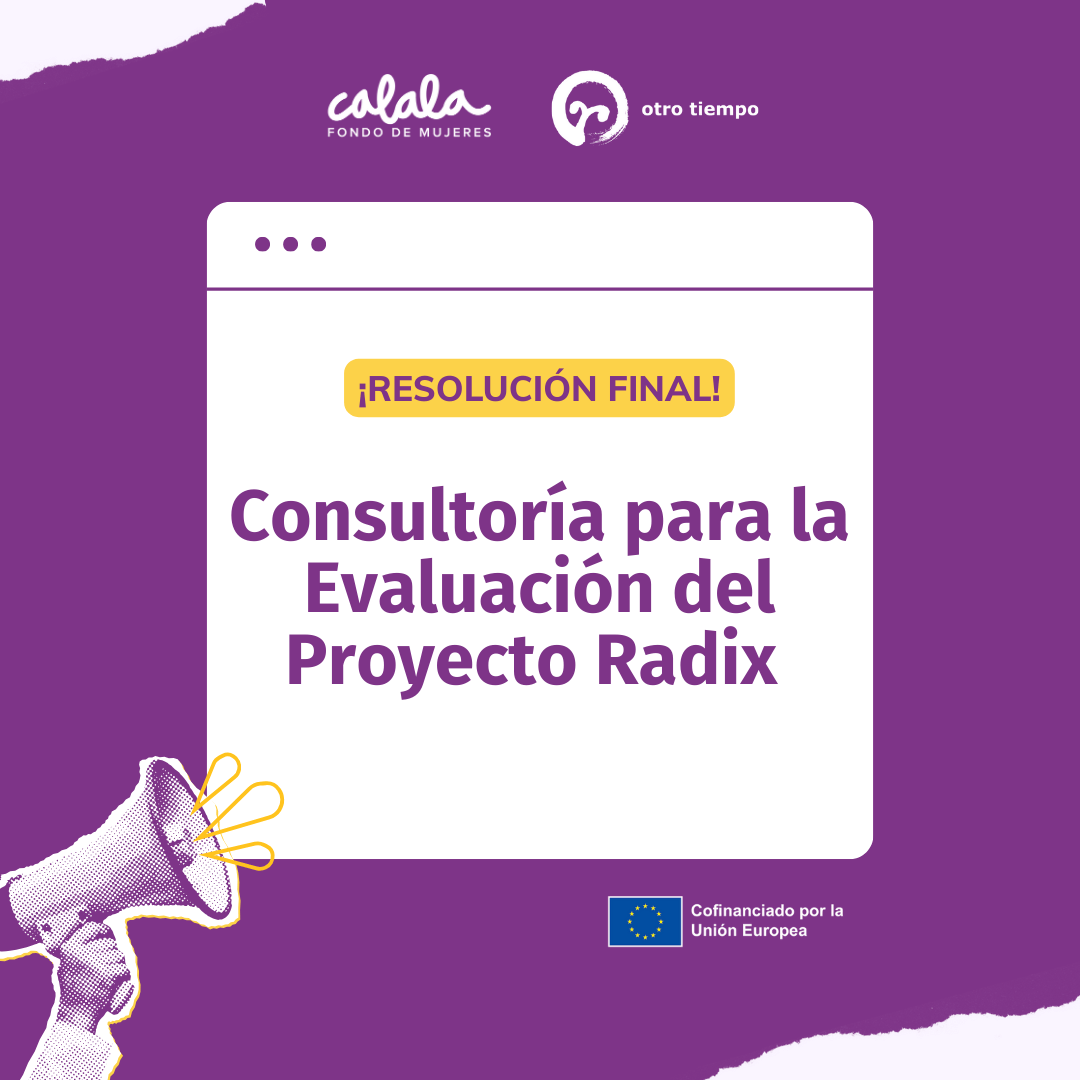Equal pay for work of equal value
This September 18 is pay equity day, as proclaimed by the United Nations in 2020, to represent the ongoing efforts to achieve pay equity in exchange for a better quality of life. Work of equal value.
And it is precisely this Sustainable Development Goal (SDG), identified as a priority in the 2030 Agenda, emphasises the importance of dismantling the idea that women need “help” in order not to earn less, but rather to We need to receive equal pay for equal work, for equal competence, in short, for being as capable as anyone else.
Now, although we know that we have sufficient competences and capacities, what we cannot deny is that we are not on an equal footing, because we do not start on an even playing field socially, neither with men nor with each other, and therefore, as Terry Eagleton mentions, genuine equality “does not mean treating everyone equally, but attending equally to everyone's different needs”.
Therefore, we understand that our greatest difficulty lies in our understanding of these different needs, and in our specific case, as Calala Women’s Fund in addressing these needs in a way that enhances the change necessary to make this goal achievable.
For 2019, according to the latest Annual Wage Structure Survey prepared by INE, the pay gap in Spain remained at 19.51 PTE3T, and while women's wages increased by 3.21 p.p.t.3 t, this was the result of a 221 p.p.t.3 t increase in the Minimum Interprofessional Wage during the same year, which particularly benefited this group as they were in the lowest paid jobs, with a higher number of part-time contracts, less presence in managerial positions and a higher unemployment rate.
Although we treat each and every one of us equally, we understand that this gender system continues to demand that we fulfil different roles and mandates, as in the case of care tasks, which in some cases are related to part-time or temporarily different from full-time work, and that such differences cannot be solved with good intentions alone.
At Calala we are aware that change comes from concrete actions, that is, from the conscious exercise of fighting for equal rights for women.
Some facts
- According to the LFS, more than 73% of the more than 1.5 million employed people who are part-time because they cannot find full-time employment are women. This is 1.1 million women compared to 405,300 men.
- In 2020, the percentage of women on the Boards of Directors of IBEX35 companies as a whole was 29.31 PT3T, 3 percentage points higher than the previous year and which has come a long way since the 11.21 PT3T of 2012, but which is undoubtedly still insufficient. If we consider the position held on boards of directors, the presence of women in the presidency of companies is almost anecdotal, at 6.11 PT3T.
- From the third quarter of 2020 until now, the unemployment rate in the case of women has remained at 18% remaining above the national average at 15.26% in the second quarter of 2021, while in men it has decreased in the same period of time by one percentage point to 13.39%, according to the INE.
At Calala We are aware that change comes from concrete actions, i.e. the conscious exercise of fighting for equal rights for women. For example, in the case of Equality Plans to establish parameters of equality that allow starting points that are as similar as possible between the workers of an organisation, or in our particular case of People policies that take into account the needs of each of the members, The aim is not to apply it rigidly, but to individualise it, taking a broad and respectful view of differences, dissent and different ways of life.
Policies where choices such as maternity and/or personal conditions such as caring for children, dependent third parties, the elderly, children with special needs or for those of us who migrate, having parents or relatives who require assistance and who live in the country of origin, are not punished with worse conditions, but on the contrary are taken care of so that equal pay is a right and also a contribution to contribute to more people being comfortable with their jobs and in genuine equality to develop their potential.
To this end, from Calala we strive every day to reduce the wage gap and offer decent salaries, human scale working conditions, recognition and encouragement for professional development, collective care practices, flexible working hours, financial support for overtime, support fund in situations that require an international relocation, among many other practices that contribute to our having the Power to decide the life we want.

